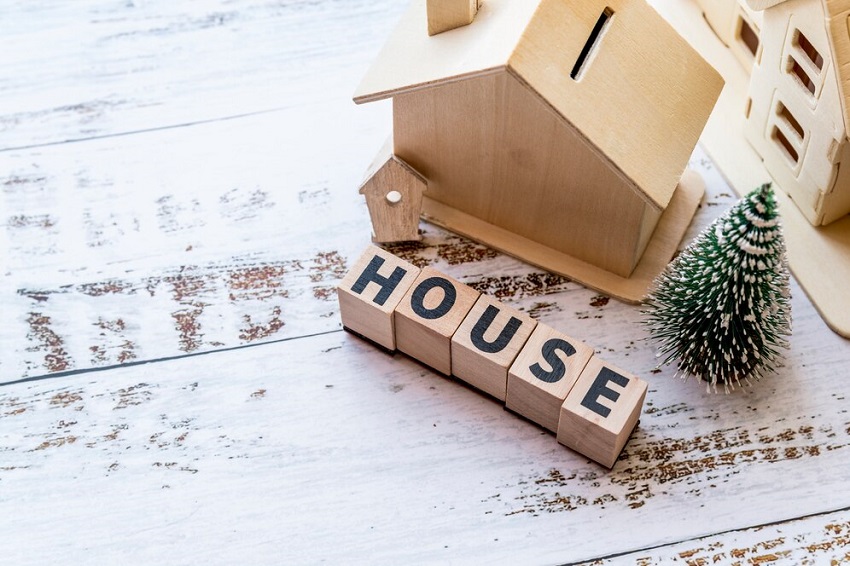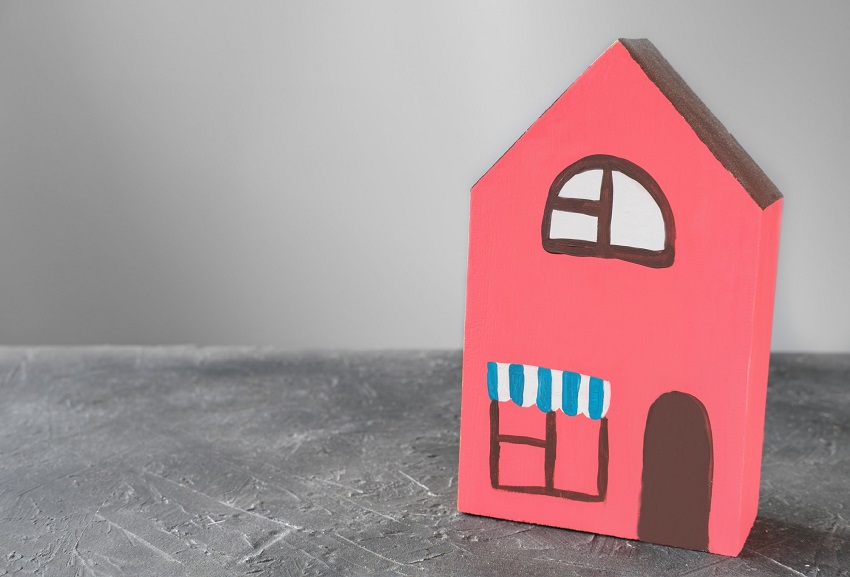Welcome to a comprehensive guide on understanding the concept of the “buy box” in the real estate industry. In this article, we will delve into the what is a buy box in real estate, significance, and factors influencing the buy box. So, if you’re looking to gain a competitive edge in the real estate market, you’ve come to the right place!
What is a buy box in real estate?
In the world of real estate, the term “buy box” refers to a specific set of criteria that buyers use when searching for properties. It encompasses various factors that potential buyers consider before making a purchasing decision. Think of it as a checklist or a set of guidelines that help buyers narrow down their options and find the perfect property that meets their needs and preferences.
Significance of the Buy Box
The buy box is of utmost importance in real estate because it acts as a filtering mechanism for buyers. With the vast array of properties available, the buy box helps streamline the search process, saving buyers valuable time and effort. By defining their buy box, buyers can focus on properties that align with their specific requirements, such as location, price range, size, amenities, and more.
Factors Influencing the Buy Box
Now that we have a basic understanding of what the buy box entails, let’s explore the key factors that influence it:
1. Location
The location of a property is often a top consideration for buyers. Factors such as proximity to schools, transportation, shopping centers, and work opportunities play a crucial role in shaping the buy box. Buyers may prioritize certain neighborhoods or areas based on their lifestyle preferences and convenience.
2. Price Range
Buyers have a budget in mind when searching for properties. The price range they are willing to explore significantly impacts their buy box. Whether it’s a starter home, luxury property, or investment opportunity, buyers have specific financial parameters that guide their search.
3. Property Type
The type of property buyers are interested in, such as a single-family home, townhouse, condo, or apartment, greatly influences their buy box. Each property type offers different features and benefits, appealing to distinct buyer preferences.
4. Size and Layout
The size of the property and its layout are essential factors that affect the buy box. Buyers may have specific requirements in terms of the number of bedrooms, bathrooms, living spaces, or square footage. These considerations help them narrow down their options and focus on properties that meet their desired criteria.
5. Amenities and Features
Buyers often have specific amenities and features they desire in a property. This could include a swimming pool, a backyard, a garage, modern appliances, energy-efficient features, or smart home technology. The presence or absence of these amenities can significantly impact a buyer’s buy box.
6. Condition and Maintenance
The condition of a property and the level of maintenance it requires can affect a buyer’s decision-making process. Some buyers may prefer turnkey homes, while others might be willing to invest in properties that require renovation or repairs. The property’s condition is an important factor that shapes the buy box.
Optimizing Your Buy Box Strategy
To increase your chances of attracting potential buyers, it’s crucial to optimize your buy box strategy. Here are some tips to help you stand out in the real estate market:
1. Conduct Market Research
Stay up-to-date with the latest market trends and buyer preferences in your area. By understanding the demands and expectations of your target audience, you can tailor your offerings to align with their buy box criteria.
2. Showcase Unique Selling Points
Highlight the unique features and selling points of your properties. Whether it’s a stunning view, a newly renovated kitchen, or a prime location, make sure to emphasize these aspects in your marketing materials. By showcasing what makes your properties stand out, you can capture the attention of potential buyers who prioritize those specific factors.
3. Provide Detailed and Accurate Information
When listing properties, ensure that you provide comprehensive and accurate information. Include detailed descriptions, high-quality photographs, and relevant property specifications. By giving potential buyers a clear understanding of what your properties offer, you can attract those whose buy box matches your offerings.
4. Enhance Online Visibility
In today’s digital age, having a strong online presence is crucial for reaching potential buyers. Optimize your website and listings for search engines, utilize social media platforms, and consider online advertising to increase your visibility. The more visible you are online, the higher the chances of attracting buyers who fit your buy box criteria.
5. Foster Positive Relationships
Building strong relationships with buyers and real estate agents is essential. By establishing trust and providing excellent customer service, you can become their go-to source when it comes to finding properties that match their buy box. Word-of-mouth referrals and positive reviews can significantly impact your reputation and attract more potential buyers.
In conclusion, understanding the concept of the buy box in real estate is crucial for both buyers and sellers. By grasping the factors that influence the buy box and optimizing your strategy accordingly, you can enhance your chances of finding the perfect property or attracting potential buyers. Remember, the buy box acts as a guide, helping buyers navigate the real estate market and narrowing down their options. So, whether you’re a buyer or a seller, embrace the power of the buy box and make informed decisions that align with your goals.


